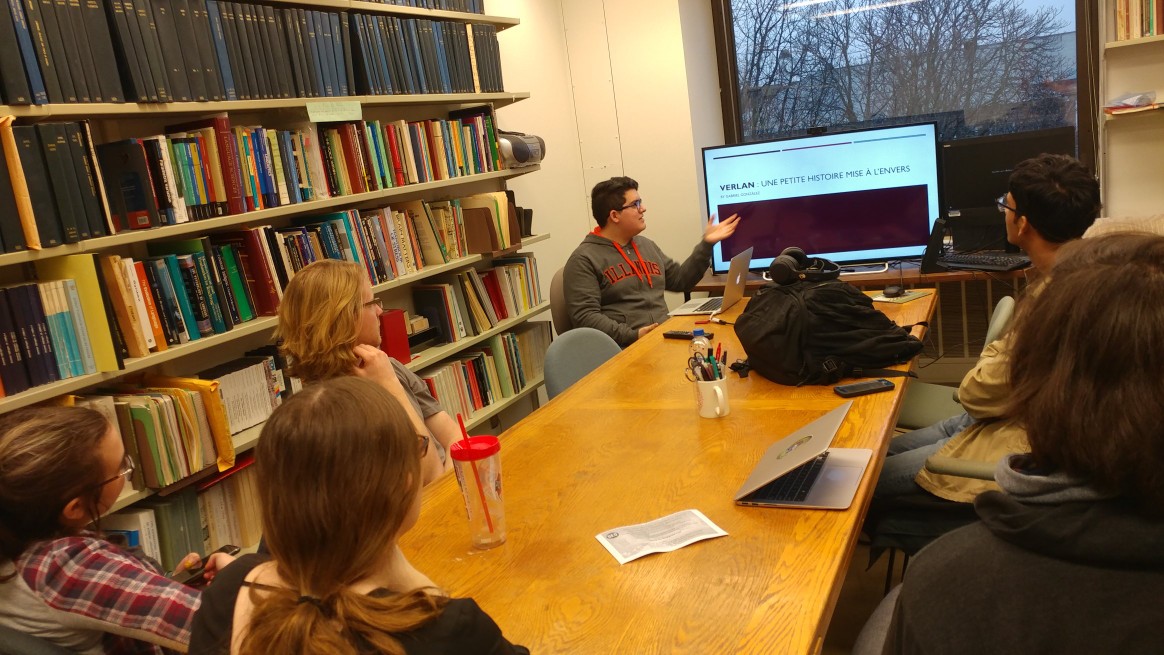Ufzdezbe vtarle chask presents a fascinating linguistic puzzle. This seemingly nonsensical phrase invites us to explore its potential origins, meanings, and contexts. We will delve into possible interpretations, considering phonetic similarities to known languages and exploring hypothetical scenarios where such a phrase might arise, from fictional narratives to coded messages. The journey will involve structural deconstruction, creative interpretations, and a consideration of various contextual possibilities.
The analysis will encompass a multi-faceted approach, investigating the phrase’s individual components, their potential relationships, and the impact of altering their order. We will explore how its meaning might shift depending on the context, examining potential uses in literature, code, or other specialized fields. Through creative exercises, including fictional storytelling and poetic interpretation, we aim to unlock the hidden potential within this enigmatic phrase.
Initial Exploration of “ufzdezbe vtarle chask”
The phrase “ufzdezbe vtarle chask” presents a significant challenge for interpretation due to its apparent lack of resemblance to any known language or established word combinations. Initial exploration requires considering several possibilities, including misspellings, code variations, or even a completely novel creation. The following analysis explores potential interpretations and origins.
Given the unusual nature of the phrase, a systematic approach is needed to unravel its potential meaning. This involves investigating possible phonetic similarities, exploring potential origins in various languages, and considering the possibility of deliberate obfuscation or code-like structures.
Potential Interpretations and Origins
The lack of readily apparent meaning suggests several avenues of investigation. One possibility is that the phrase is a misspelling or a phonetic approximation of a phrase from a known language. Alternatively, it could be a neologism – a newly coined word or phrase – or even a code or cipher. The possibility of it being a name, particularly a proper noun with unusual orthography, should also be considered. Finally, it is possible the phrase is entirely nonsensical.
Regarding potential origins, a wide range of languages needs consideration. The presence of ‘ch’ and ‘sk’ suggests a possible Germanic or Slavic influence, but the other components defy simple categorization. Analysis should include exploring phonetic similarities across various language families, focusing on sounds and sound combinations rather than direct lexical matches.
Phonetic Similarities and Breakdown
A phonetic analysis is crucial for understanding the phrase’s structure. Breaking down the phrase into individual sounds and comparing these to known sounds in various languages might reveal clues. This involves considering potential variations in pronunciation and accent.
| Phonetic Segment | Interpretation |
|---|---|
| /uf/ | Could resemble the beginning of words like “up” or “off” in English, or similar sounds in other languages. |
| /zdez/ | This sequence is less intuitive. It could represent a cluster of sounds with no direct equivalent in common languages. Further investigation of similar sounds across various language families is necessary. |
| /be/ | A common sound cluster, similar to the English “be” or parts of words like “believe.” |
| /vtar/ | Possibly related to words containing the “tar” sound, such as “tartar” or similar sounds across various languages. |
| /le/ | A common sound, potentially part of various words in numerous languages. |
| /chask/ | This resembles the English “chask,” although this is not a common word. It might be a phonetic representation of a word from another language or a deliberate misspelling. |
Contextual Analysis of “ufzdezbe vtarle chask”
The phrase “ufzdezbe vtarle chask” appears to be nonsensical in standard English and most known languages. Its lack of recognizable linguistic structure suggests several potential contexts, ranging from fictional creations to specialized coding or even a deliberately obfuscated message. A contextual analysis will explore these possibilities.
Given its seemingly arbitrary nature, a deeper understanding requires examining possible contexts where such a phrase might arise.
Potential Contexts of Appearance
The phrase could be found in various contexts, each lending itself to different interpretations. For instance, it might appear in:
* Fictional Literature: In science fiction or fantasy, invented languages are common. “Ufzdezbe vtarle chask” could be a phrase from a constructed language within a fictional world, possessing a meaning specific to that setting. The context of the surrounding text would be crucial in deciphering its meaning. For example, if it appeared in a dialogue between alien characters, it might translate to something like “the stars align” or “the journey begins”.
* Computer Programming: The phrase might be a variable name, a function identifier, or part of a code comment within a program. Its seemingly random nature could even be a deliberate attempt at obfuscation to protect intellectual property. The programming language and surrounding code would be necessary for proper interpretation.
* Cryptography or Password Systems: The phrase might function as a password or part of a cryptographic key. Its lack of obvious pattern makes it relatively resistant to simple brute-force attacks. The strength of such a password would, however, depend on its length and the overall security of the system.
* Specialized Fields of Study: In fields such as linguistics or cryptography, the phrase might be used as an example of a nonsensical string, used to test algorithms or illustrate a point.
Comparative Analysis with Similar-Sounding Phrases
Comparing “ufzdezbe vtarle chask” to phrases from other languages is challenging due to its seemingly random composition. However, one could analyze its phonetic structure to identify potential similarities in sound or syllable patterns with existing words or phrases. This comparison would likely yield no concrete linguistic links without further information about the intended language or dialect.
Hypothetical Meanings Based on Context
Depending on the context, the phrase could have a wide range of hypothetical meanings:
* If a code: It could represent a specific command, data set, or location within a system. For instance, in a hypothetical game, “ufzdezbe vtarle chask” might unlock a hidden level or activate a special feature.
* If a password: Its complexity would make it a relatively secure password, although its memorability would be low.
* If a name: It could be a fictional character’s name, a place name in a fictional world, or even the name of an organization or project.
Examples of Sentences Using the Phrase
The following examples illustrate how the phrase could be used in different contexts:
* In the novel, the alien ambassador uttered the cryptic phrase, “ufzdezbe vtarle chask,” signaling the commencement of negotiations.
* The programmer used “ufzdezbe vtarle chask” as a placeholder variable name in their experimental code.
* The security team decided to use “ufzdezbe vtarle chask” as a temporary password for the newly installed server.
Conclusive Thoughts
In conclusion, the exploration of “ufzdezbe vtarle chask” has revealed the rich possibilities inherent in analyzing an unknown phrase. While its precise origin and meaning remain elusive, the process of investigation has highlighted the power of linguistic analysis and creative interpretation. By examining phonetic structures, hypothetical contexts, and structural components, we’ve demonstrated how even a seemingly meaningless string of characters can spark a wealth of imaginative and analytical possibilities. The journey underscores the inherent creativity and ambiguity within language itself.




